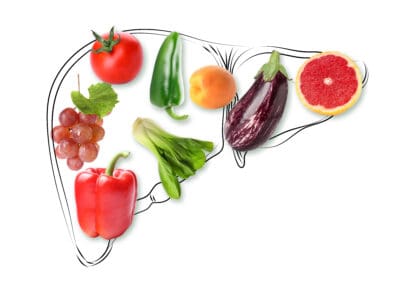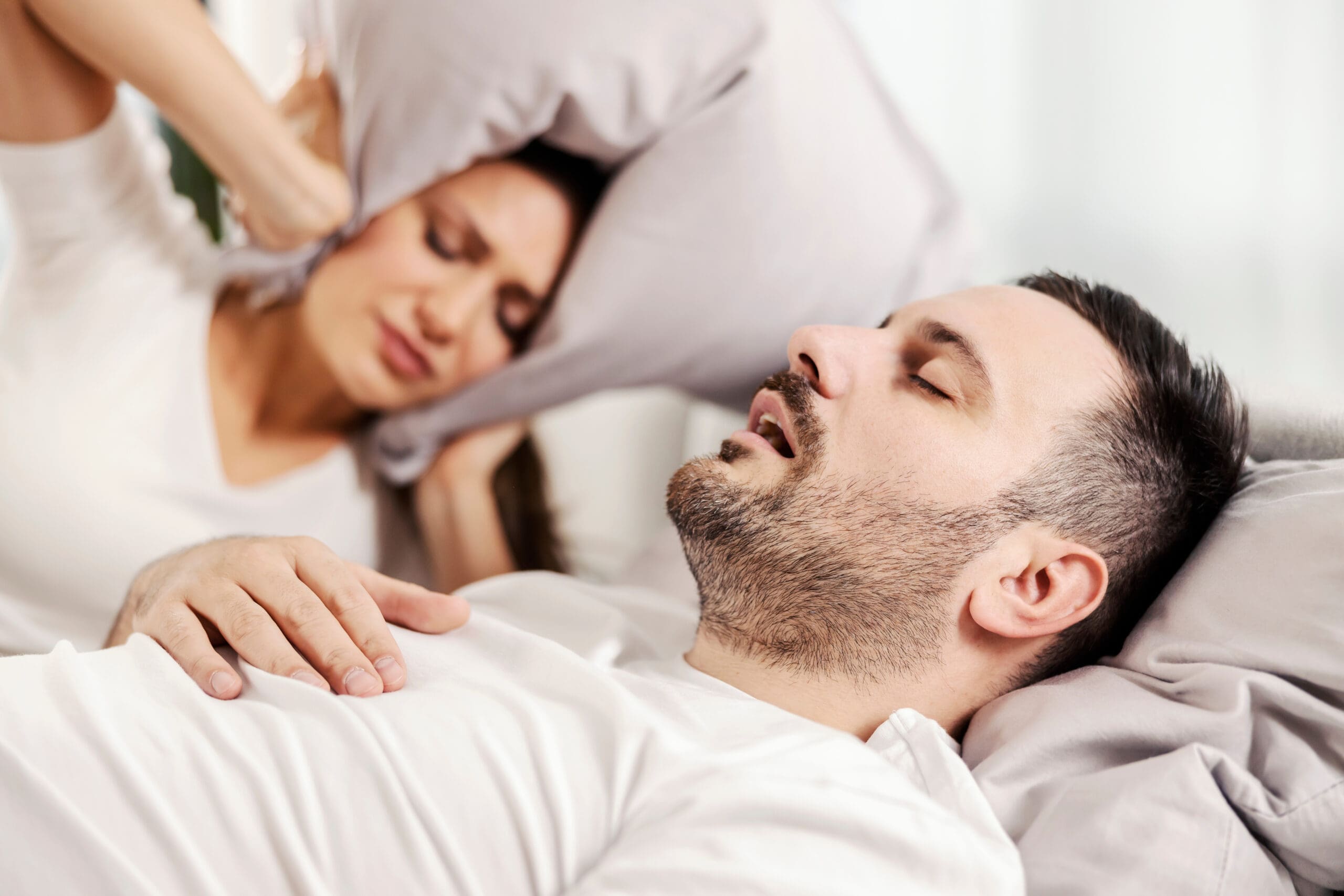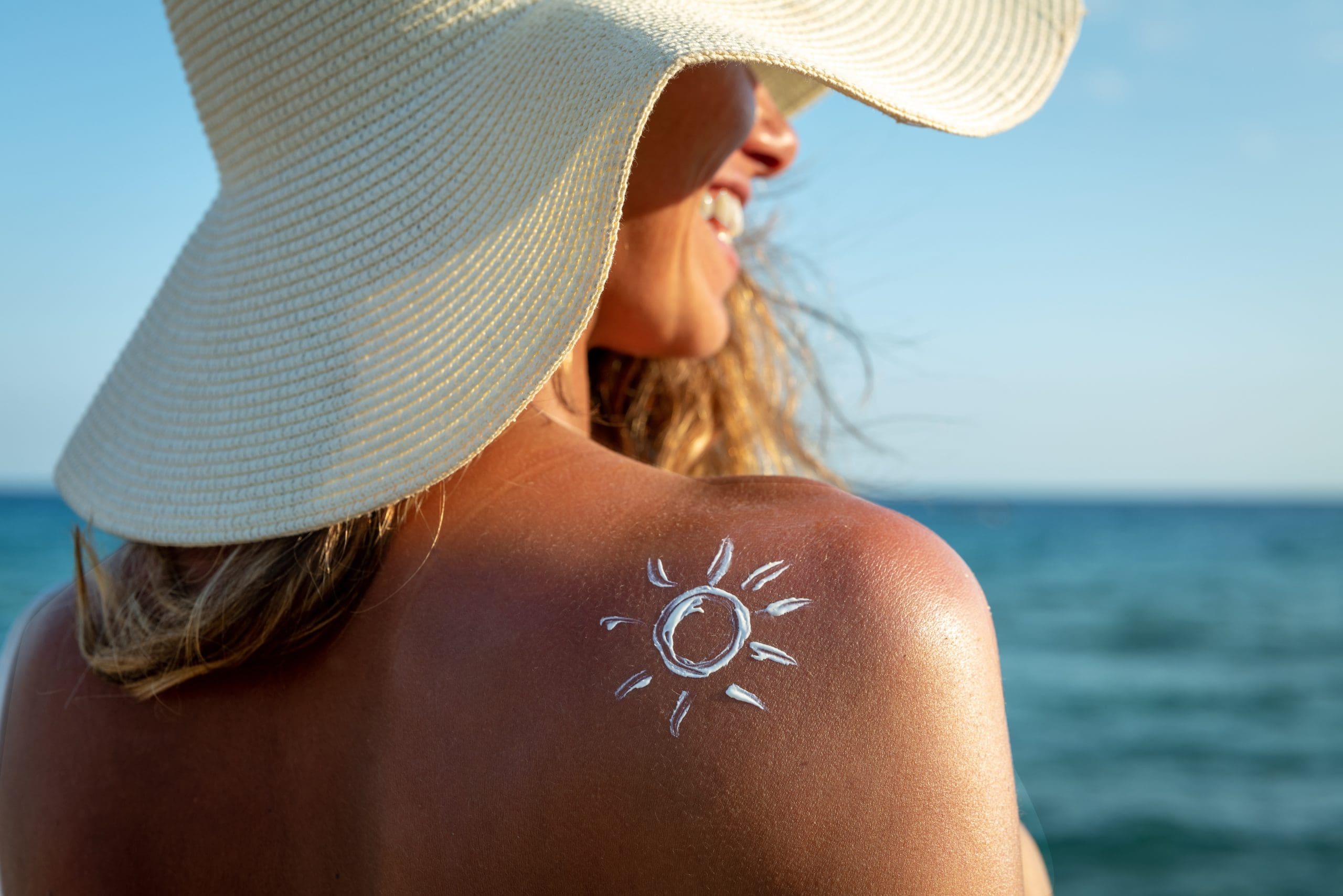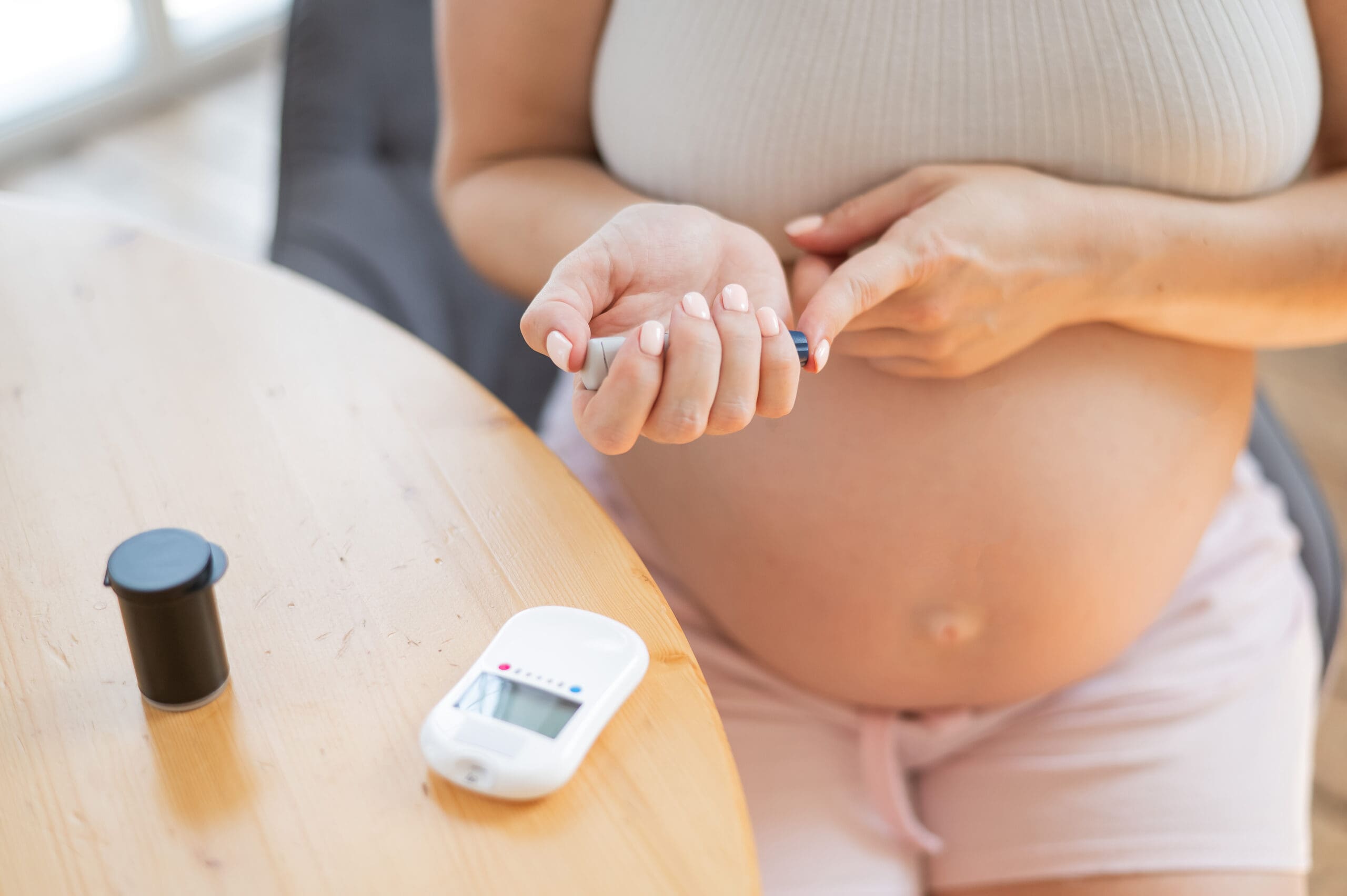Bright light at night raises diabetes risk
By naturopath Margaret Jasinska
An increasing body of research is showing that exposure to light at night raises the risk of health problems. Humans are not supposed to be nocturnal creatures. Ideally you’d be sleeping in a very dark bedroom all night. Exposure to light at night disrupts a healthy circadian rhythm and can adversely affect metabolism.
A study from Flinders University that was published in The Lancet Regional Health Europe found a compelling relationship between night exposure to light and the risk of developing type 2 diabetes.
In the large study, the scientists investigated whether personal light exposure predicted the risk of diabetes using data from 85,000 people and approximately 13 million hours of light sensor data.
None of the participants were diabetic when the study began. They all wore devices on their wrist for one week to track their light levels throughout the day and night. The subjects were then monitored for the following nine years to see how many of them went on to develop type 2 diabetes.
According to the study authors, “Light exposure at night can disrupt our circadian rhythms, leading to changes in insulin secretion and glucose metabolism. Changes in insulin secretion and glucose metabolism caused by disrupted circadian rhythms affect the body’s ability to regulate blood sugar levels, which can ultimately lead to the development of type 2 diabetes.”
More exposure to light between 12:30am and 6:00am was linked to a higher risk of developing type 2 diabetes, regardless of how much light individuals were exposed to during the day. The researchers accounted for traditional type 2 diabetes risk factors such as lifestyle, sleep, shift work, diet, and mental health.
Even when these factors are accounted for, the research showed that getting more light at night was still a strong predictor of developing type 2 diabetes. There is a dose dependant relationship. The researchers concluded with: “Our findings suggest that reducing your light exposure at night and maintaining a dark environment may be an easy and cheap way to prevent or delay the development of diabetes”.
Tips for reducing the risk of type 2 diabetes:
Staying up late at night and eating late at night both raises the risk of insulin resistance and leptin resistance. Ideally try to eat your last meal before the sun sets. Minimise viewing bright screens after sunset, such as your computer, phone, television or ebook reader. It’s best to wear blue light blocking glasses if you do look at screens after sunset. Try to make your bedroom as dark as possible.

Keep your liver healthy. Your liver helps regulate your blood sugar level and also your blood fats. If you have a fatty liver you are at greatly increased risk of type 2 diabetes. See the strategies in Dr Cabot’s book Fatty Liver: You Can Reverse It.
Try to mostly eat home cooked meals and base your meals on protein and natural fats. Many of my patients aren’t eating enough protein each day. That’s not good because insufficient protein can cause unstable blood sugar and increased hunger and carbohydrate cravings. Meat, seafood, poultry, eggs and whey protein powder are all excellent sources of satiating protein.
Minimise or avoid industrial seed oils – such as soybean, canola, sunflower, corn and rice bran oil. These linoleic acid rich oils are prone to oxidation and can raise inflammation in your mitochondria, your cell membranes and your liver. They raise the risk of insulin resistance. The healthiest fats to consume are those naturally present in animal foods, olive oil, coconut oil and macadamia nut oil.

Try to maintain muscle mass. As we get older, it becomes harder to maintain skeletal muscle mass. The less muscle you have on your body, the slower your metabolic rate will usually be. Eating sufficient protein at each meal (around 30 grams of protein at each meal) as well as regular exercise can help achieve this. Ultimate Muscle Food powder contains the amino acids and hydroxymethyl butyrate (HMB), which reduce muscle breakdown.

See your doctor regularly and get your blood sugar checked. A high percentage of type 2 diabetics don’t realise they have the condition.












Leave A Comment